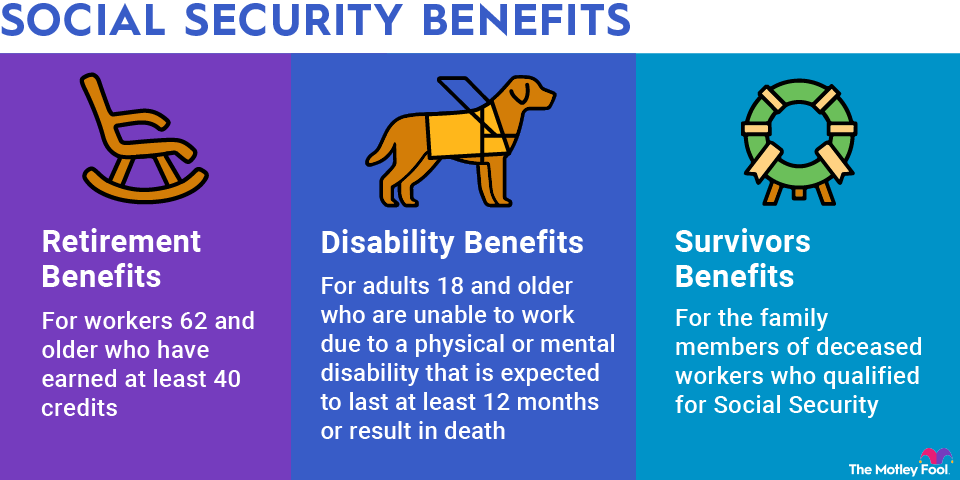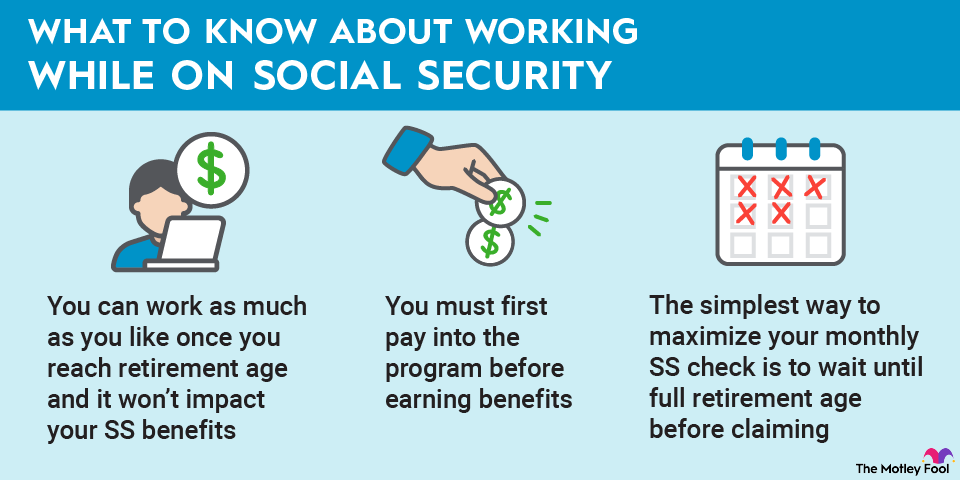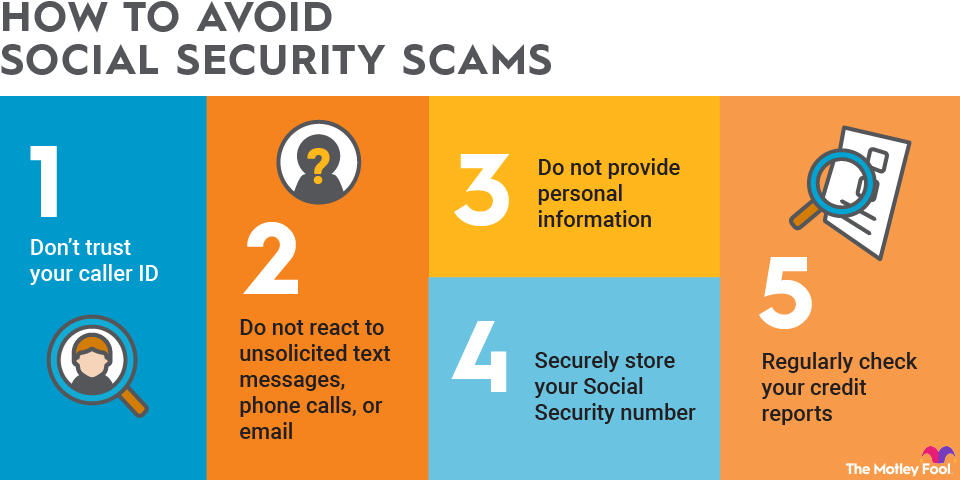How to avoid Social Security scams
Protect yourself from Social Security scams by following the five practices outlined below.
1. Don’t trust your caller ID
Don't assume legitimacy based on your caller ID display. Scammers can fake phone numbers. Your phone may show an incoming call from Social Security or a local law enforcement agency, even when it's a scammer.
2. Do not react to unsolicited text messages, phone calls, or emails
According to the Office of the Inspector General, legitimate Social Security representatives will never pressure you to act immediately. If someone tells you to click on a link or pay a fee right now, it's a scam.
If you're concerned about potential issues with your benefits or want to verify the legitimacy of a call you receive, simply hang up and contact the SSA directly or visit your local Social Security office. For reference, the national 800 number for the Social Security Administration is 1-800-772-1213.
3. Do not provide personal information
Do not provide bank account or identity information to anyone who has reached out to you via phone, text, or mail. Such requests are usually fraudulent.
If you think the request might be legitimate, get the agency's name, look up the phone number independently, and call back.
4. Securely store your Social Security number
Sharing your Social Security number inadvertently can expose you to identity theft -- even if you haven't received a fraudulent phone call or text.
Memorize your Social Security number and leave the card in a safe place. Do not carry it with you. Don't write your number down or share it in public.
5. Regularly check your credit reports
If you are a victim of identity theft, you'll see new, unfamiliar credit accounts pop up on your credit report. Checking your credit activity regularly helps you catch problems early, as well as minimize the financial and legal consequences.
Related investing topics











